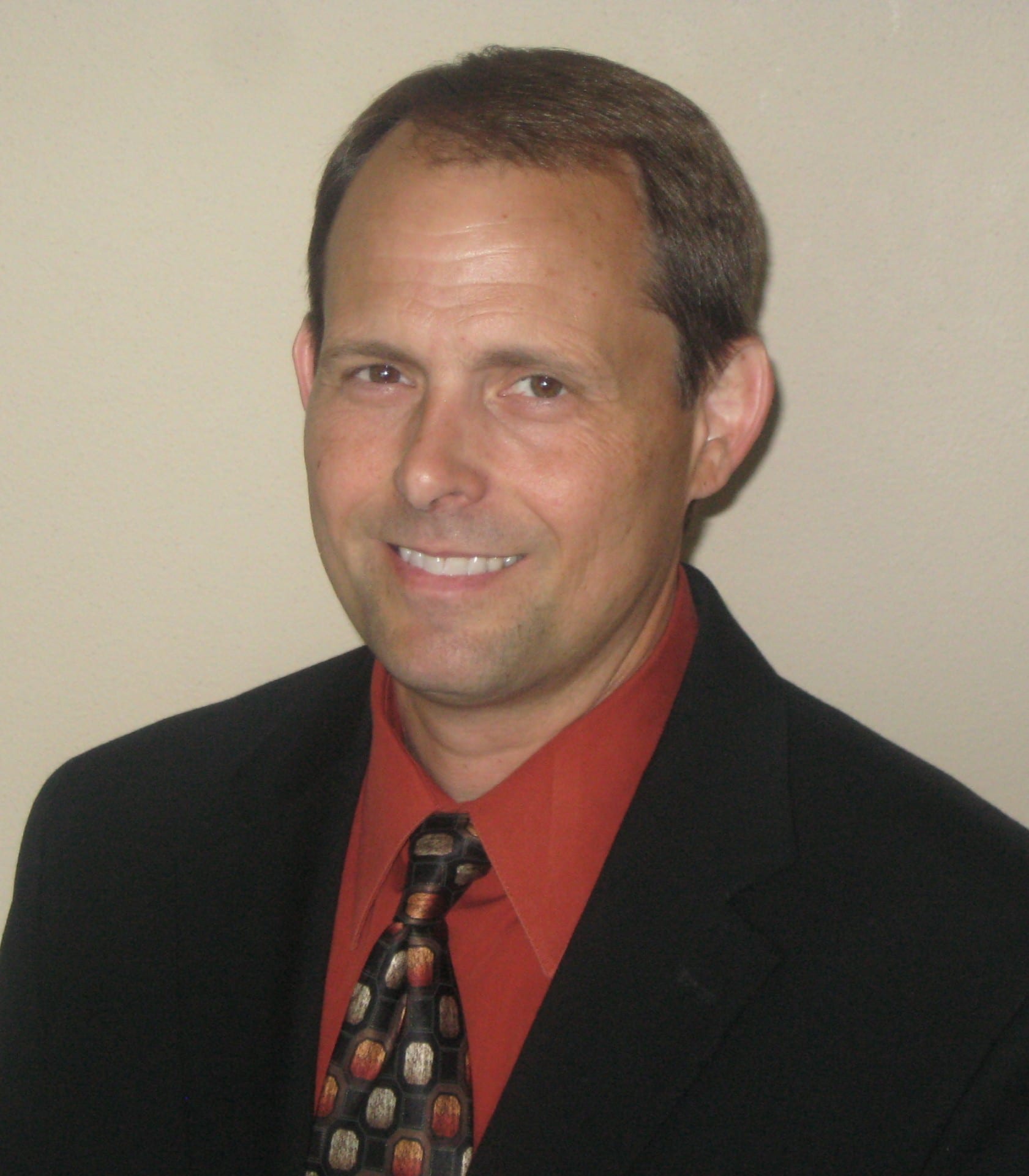
Matt Dedrick, Department of Health Services, State of Wisconsin, Chief Information Officer
Use Best Practices That Set, Manage, and Meet Expectations
- The PM’s job is to get all the stakeholders and the project sponsor to agree on a vision for the project outcome at the beginning of the project.
- PMs must build good relationships with everyone involved in a project. They need to understand everyone’s needs and what they bring to the table. PMs must also establish their own credibility.
- PMs must understand all the components of project governance well enough that they can implement them without overkill.
- PMs should do at least—and only—what’s necessary.
- PMs must communicate effectively to all audiences using appropriate communication channels and communication styles. They should understand the business needs of their audiences.
“I like to focus more on the practices that PMs learn through observation and mentoring than on what they learn by making mistakes.”
When I consider what I expect from project managers (PMs) in my organization, I like to focus more on the practices that PMs learn through observation and mentoring than on what they learn by making mistakes. For PMs to use best practices effectively, they need a solid understanding of project management methodology, but experience is what enables them to internalize those principles and apply them to the different projects they manage.
A lot of what I tell PMs falls under the high-level principle of setting, managing, and meeting expectations. That’s often easier said than done, but the following best practices will help PMs be successful:



